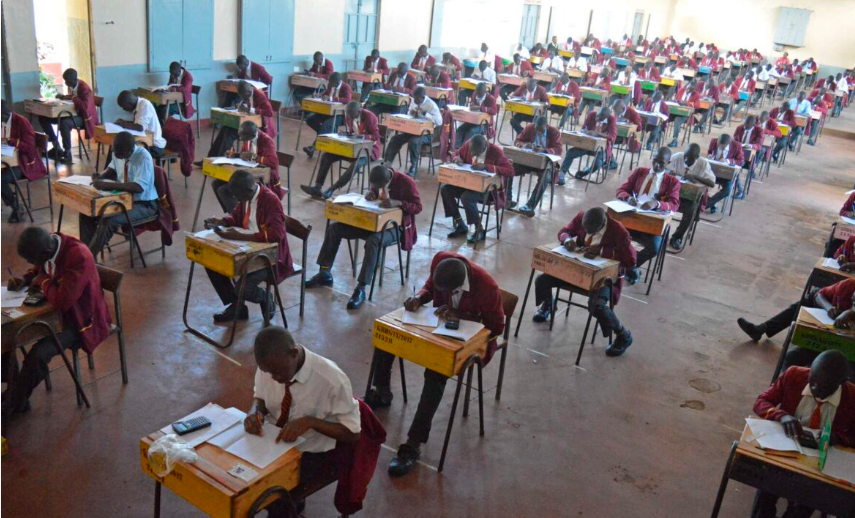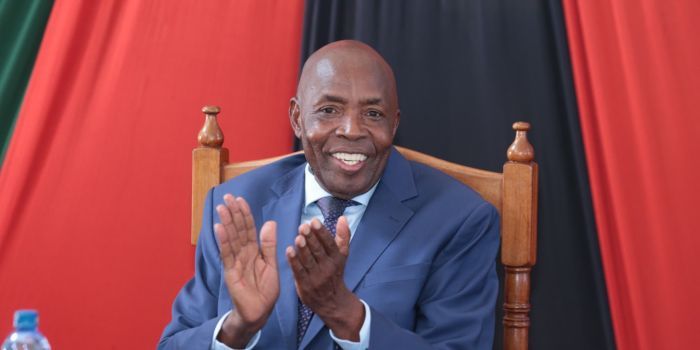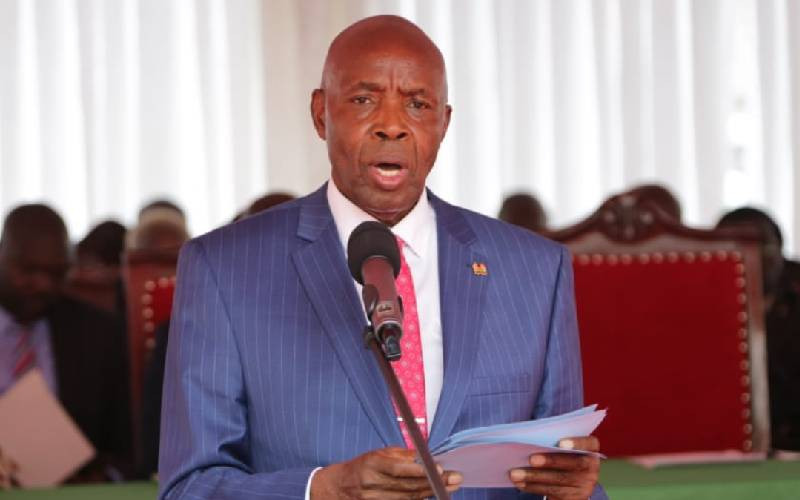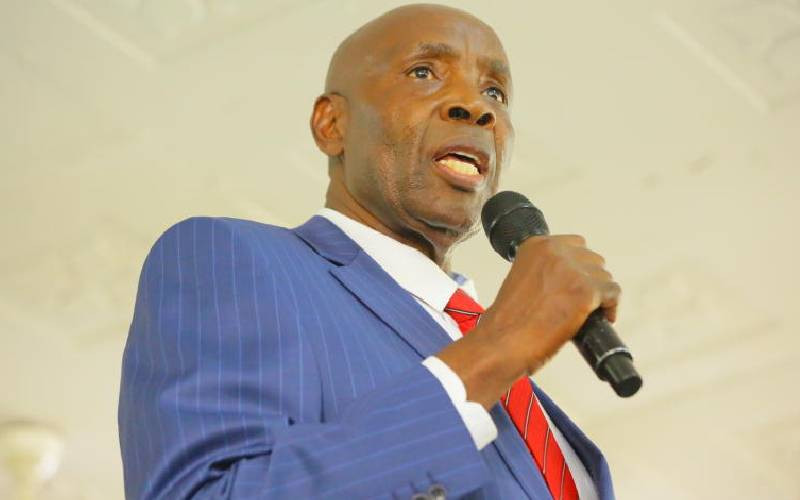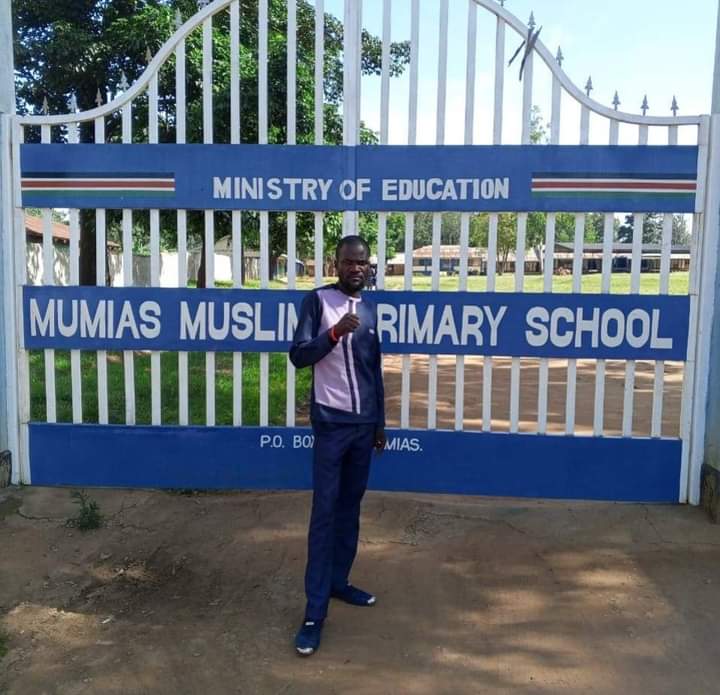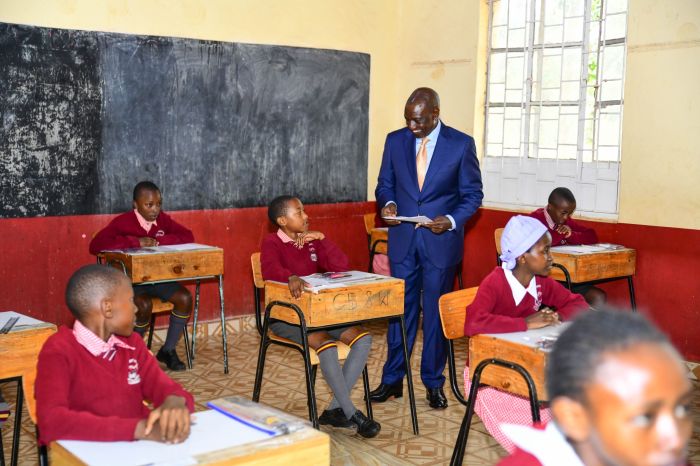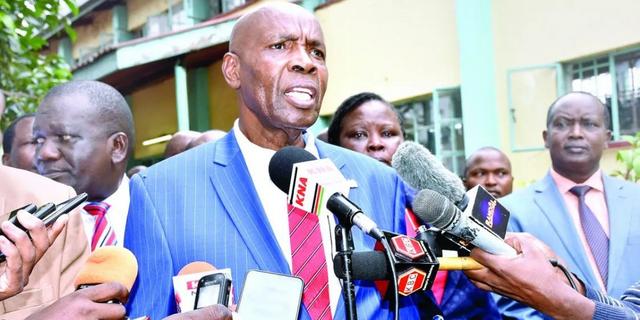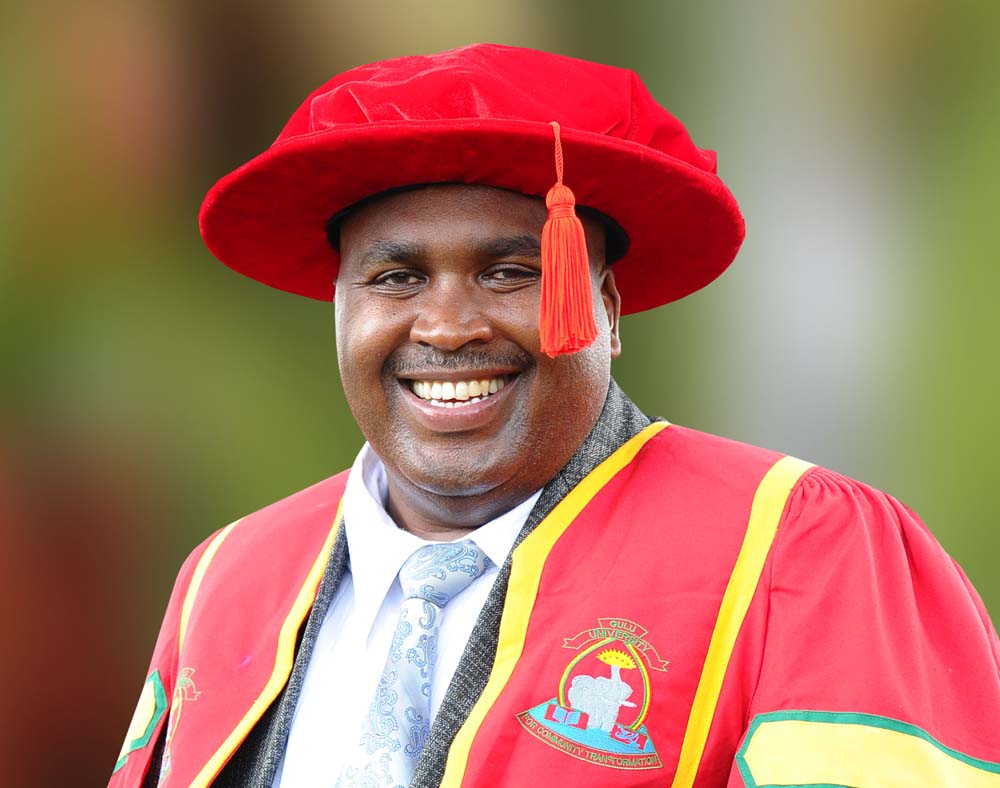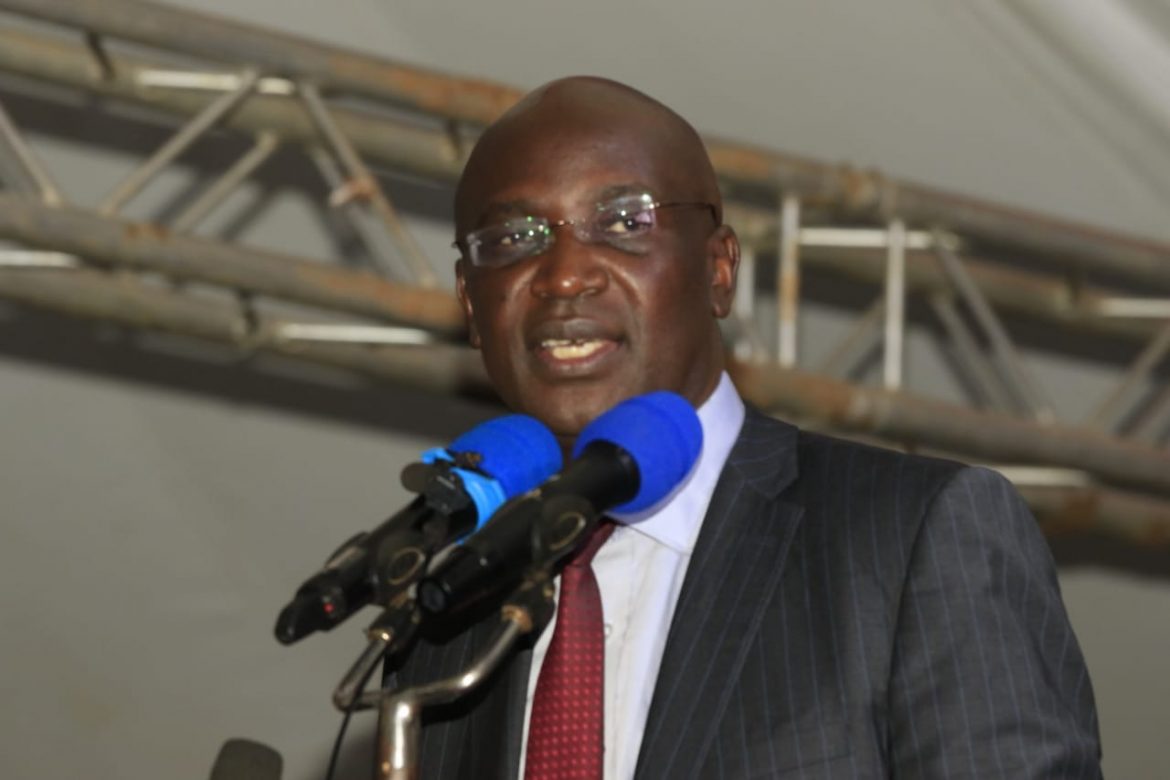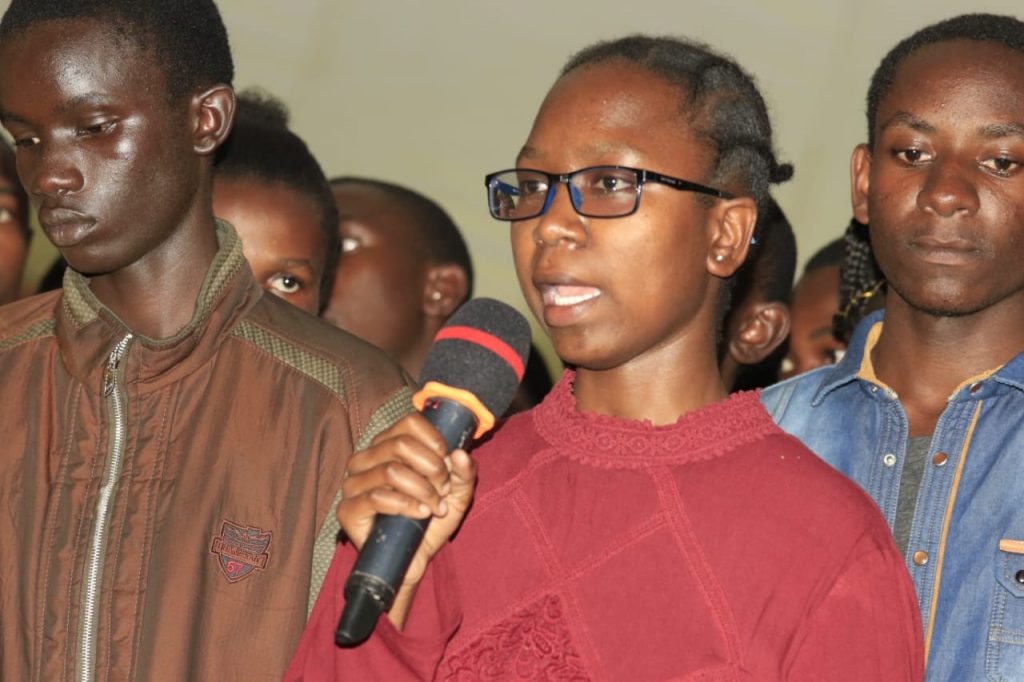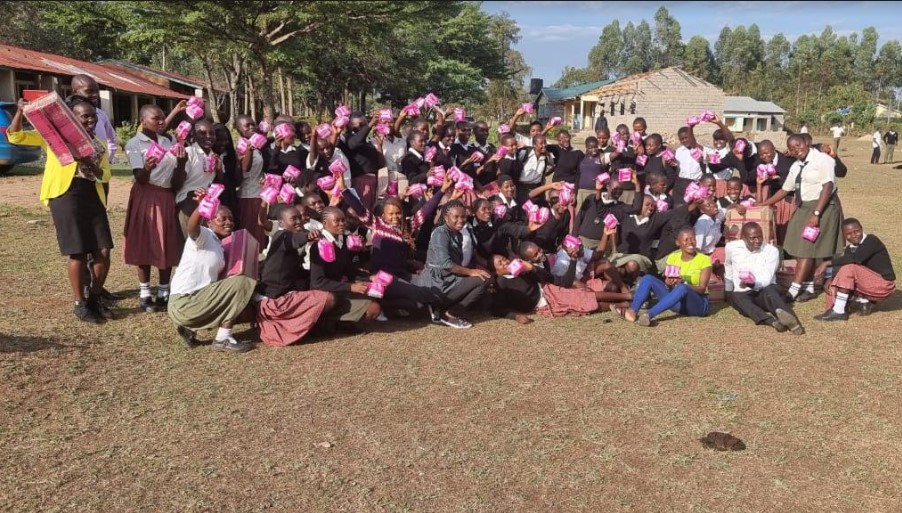Parents and students are being cautioned against enrolling in degree and postgraduate programs offered by 15 institutions that have been highlighted by the Commission for University Education (CUE) for lacking accreditation.
The government magazine MyGov published a notification on Tuesday, March 11, stating that these institutions are functioning illegally and that Kenya will not recognize their degrees.
The commission claims that the schools and universities that have been marked are not authorized to offer degree programs or work with other recognized institutions since they are not operating with a grant of authority.
Students who attend these colleges run the danger of having their credentials rejected by employers and other educational institutions, the CUE said. According to the notification, “any organization functioning as a university or degree-granting organization that is not listed among the Commission’s approved institutions is unlawful, and their degree credentials will not be accepted in Kenya.”
The flagged institutions are:
- Grace Life Bible College – Vihiga
- Africa Theological Seminary – Kitale
- Regions Beyond Ministry Bible College – Thika
- Baraton College – Kapsabet
- The Africa Talent University – Kisumu
- Breakthrough Bible College – Nairobi
- Theophilus Theological College – Kiambu
- Northwestern Christian University – Kakamega
- Logos University – Kakamega
- Harvest Land University – Kisumu
- Word of Faith Bible College – Vihiga
- Kenya Anglican University-Kanyuambora – Embu
- The East African University Bradgate International University – Nyeri
- Eldoret Bible College – Uasin Gishu
- Al-Munawwarah College – Mombasa



